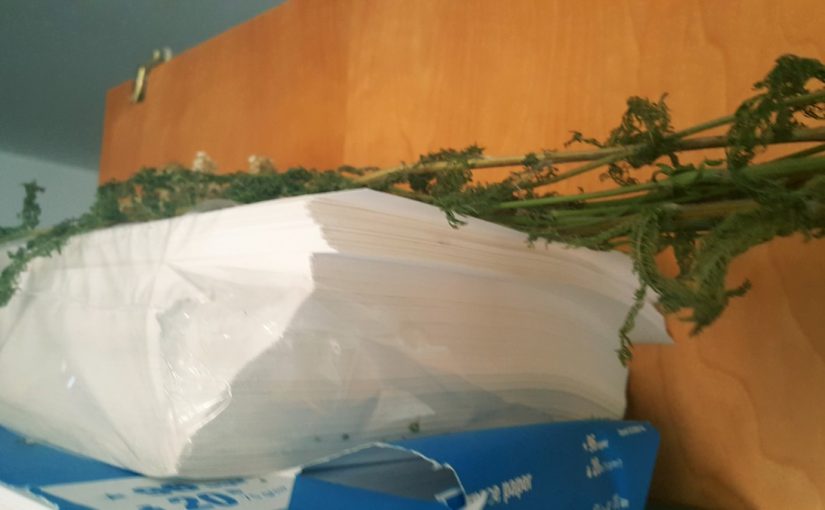This up coming week’s reading, Forgotten Country by Catherine Chung was an especially difficult work for me to read. As a child my mothers father battled cancer repeatedly, until it finally killed him when I was ten. He wasted away, and while we did not live close, I still saw what dying of cancer looked like. My sophomore year of college my dad was diagnosed with stage four cancer. I up rooted my new family and moved back home to be with my dad. It nearly derailed my college efforts, and it did derail my husband’s chances of graduating. Dad survived physically. We stayed there one more year and then left for here to help my husband’s family, because they were in need of help, and at the time it looked like dad was doing well. During my first quarter at Evergreen in 2015, after we had been here a while, dad tried to take his own life and failed. My brother was still in Alaska at the time, and had to take time off to come back down to were dad lived and help. I could not get back up there from here, and had to help my brother deal with things by distance. Only now is dad really recovering. My dad as I knew him as a child is gone.
Chung’s work hit so close to home that I am glad I chose to read it all the way through first before starting to annotate it, because it gave me time to really think about how it related to my own experiences. My dad did not have the advantages of still having a wife, and a close extended family. If he had, how different would my experiences been? How different would my brothers have been? Would the dad I knew as a child still be here, or would it have made matters worse? I know that there are reasons that we do not get along so well with dad’s family and as an adult I have learned more about that then I ever wanted to know. Would that have been different if our family had kept the closer connections that are more traditional in Norway were my dad’s family is from? What if dad’s military family (his friends and colleges that made up his surrogate family) had been more cohesive and functioning on their own?
There are so many questions this brings up. I have no idea if any of this will ever become a part of my final project in my descriptions of home, but here it is. One of the ugly truths about my home, and one of the haunting realities of my life. I am my dad’s oldest child, and now the only child that is even on the same sea board as him. He has named me as the person who will have to make his arrangements when the time comes, and I know I am on several of his accounts and other things like that. This is a part of home for me, these obligations and this looming doom of how long will dad be ok?
Chung, Catherine. Forgotten Country. Penguin Books, 2012.
